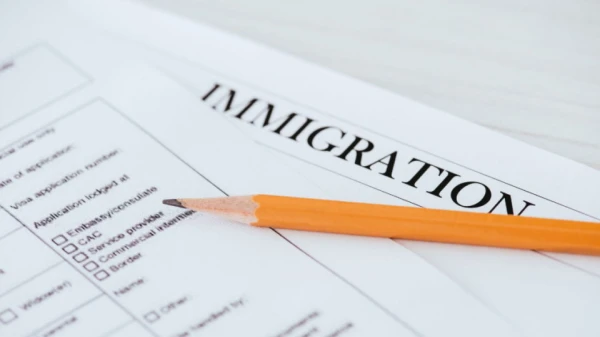
The new bill regulating the entry of foreign citizens and stateless persons into the country was prepared by the Ministry of the Interior back in 2022.
The necessity for a new bill has long been apparent, as the currently effective law was adopted back in 2003 and has become very outdated — partly due to geopolitical changes. Moreover, so many amendments have already been made to this "old" law that even experienced lawyers often find it difficult to navigate its various provisions.
A Bill Stuck Between Sessions
However, the new bill was submitted to the last Saeima just as the election campaign began, and the deputies urgently needed to restrict the rights of citizens of the Russian Federation and Belarus, which necessitated numerous amendments to the existing law. As a result, the document was only adopted in the first reading, meaning it was accepted as a basis. The new bill regulating visa and residence permit issuance issues was inherited by the current Saeima.
However, the deputies of this parliament… were also in no hurry to discuss it. Only with the start of this autumn session did "the process begin": the Saeima's Defense and Internal Affairs Committee started reviewing the amendments submitted for the second reading. Deputies, ministers, and non-governmental organizations literally inundated the committee with their proposals and initiatives — a total of 170 amendments were submitted! Five committee meetings were spent discussing all these proposals!
And finally, last week, almost all amendments were reviewed, and this week the Saeima is sure to approve the new bill in the second reading, but the deputies will be given quite a bit of time (until mid-February) to submit proposals for the third (final) reading. It can be assumed that the new law will be adopted in early March next year.
Political Decisions and Initial Tightening
In war, as in war — it is quite obvious that the new migration norms (requirements) will be significantly stricter than those in the currently effective law. It should be noted right away that during the consideration of the bill, a political decision was reached to "not touch" citizens of Russia and Belarus in this bill. A separate law will be prepared for them — of course, with very strict conditions for obtaining the right to enter Latvia. The Ministry of the Interior is already ready to present this document soon.
As for this bill, during the second reading, the "language" article was tightened. While in the initial version foreigners could submit documents for entry into Latvia in three languages - Latvian, English, and Russian, during the second reading, the proposal by Minister of Education Dace Melbarde to exclude the phrase "Russian language" was supported. Thus, foreigners will realistically be able to fill out entry documents, including applications, only in English.
The Battle for Foreign Investments and the Dispute Over Real Estate
It is noteworthy that the new bill retains the possibility of applying for a residence permit in the case of investments in production or the creation of a company with a certain number of jobs. However, the bill no longer provides for obtaining a temporary residence permit in exchange for purchasing real estate.
To save the situation, the Latvian Association of Real Estate Transactions submitted its proposals to the bill. The Association essentially proposes to return to the existing system for issuing residence permits if total investments in real estate amount to at least 250,000 euros. At the same time, the association suggests dividing Latvia into separate regions in this regard.
For example, if a citizen of a third country wants to obtain a residence permit by purchasing real estate in Riga, Jurmala, or Saukralste, they must acquire at least one property worth a minimum of 250,000 euros. If, for example, it concerns the purchase of real estate in Cesis, Rezekne, or Jelgava, then at least two properties with a total value of at least 250,000 euros must be acquired. The Latvian Association of Real Estate Transactions wants to preserve the opportunity for the country to attract wealthy foreigners in this way.
It should be noted that after February 2022, citizens of the Russian Federation and Belarus are in any case prohibited from being issued primary residence permits in exchange for investments in real estate. The Saeima Committee has not yet responded to the Association's call, but it has agreed that it might be beneficial for Latvia to retain the possibility of obtaining residence permits in exchange for investments. The Ministry of Economics promised to prepare the corresponding amendment by the third reading.

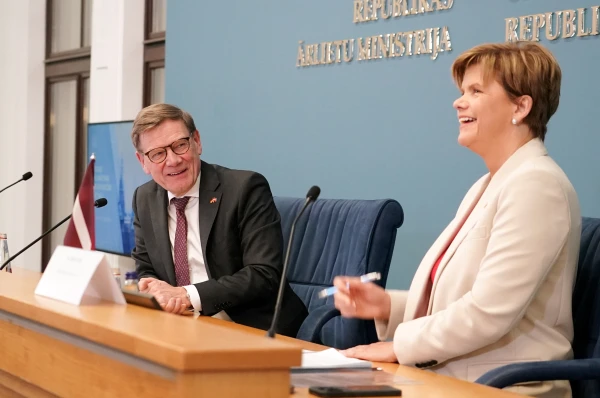

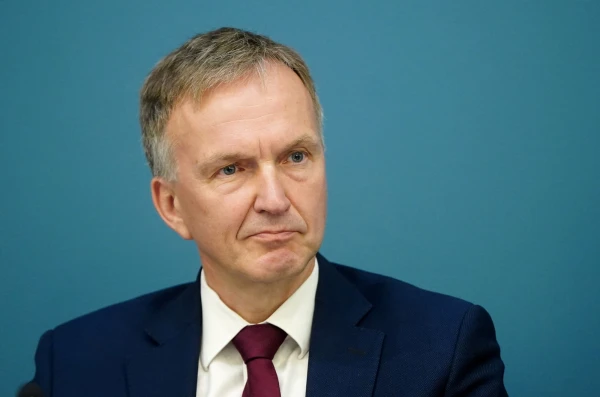
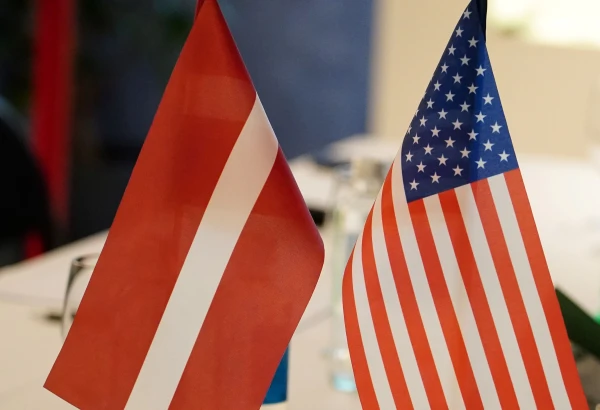

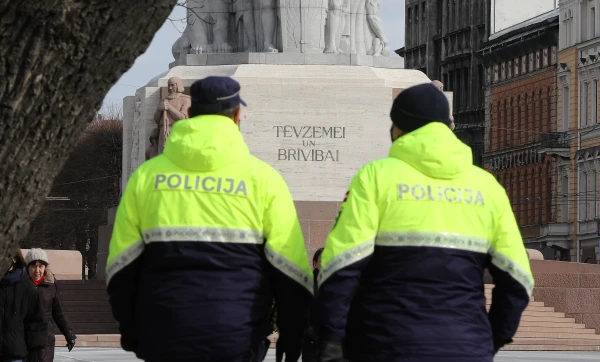
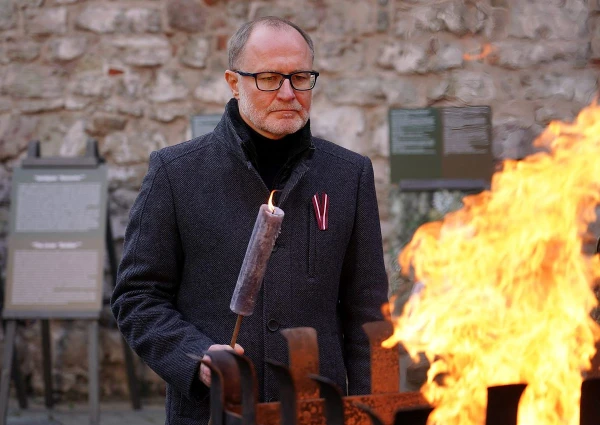

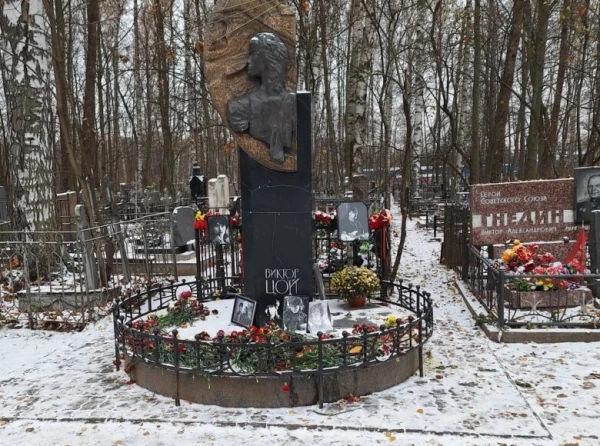


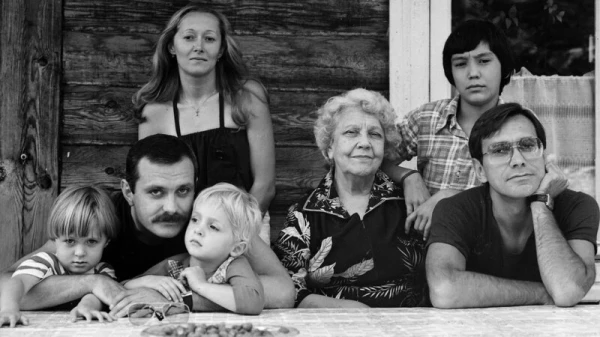
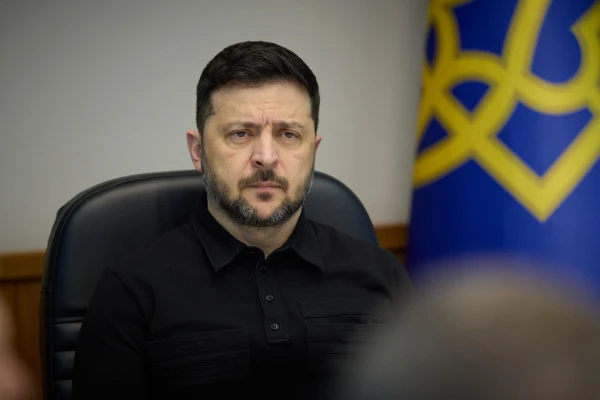
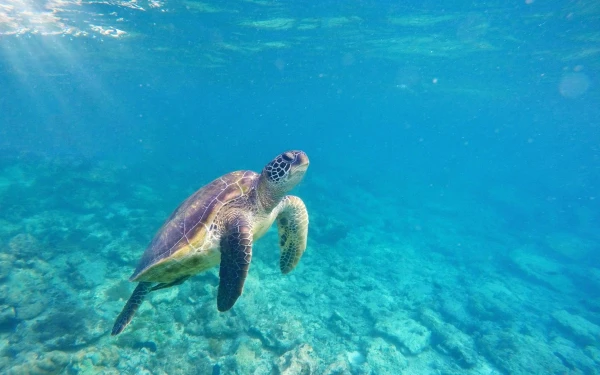
Leave a comment